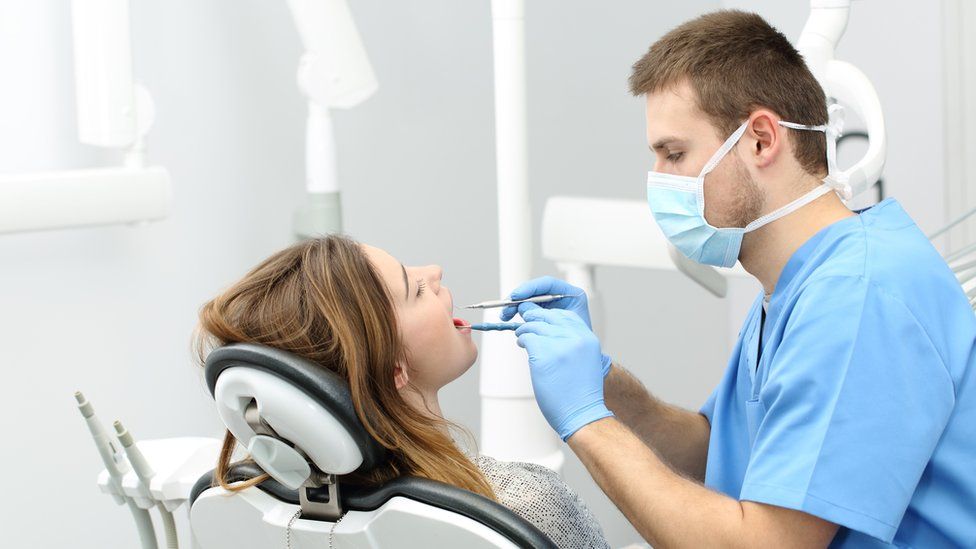Maintaining optimal dental health is a crucial aspect of overall well-being, and preventive dental care plays a vital role in this endeavor. Preventive care involves a combination of regular dental visits, good oral hygiene practices, and healthy lifestyle choices, all aimed at keeping your teeth and gums in excellent condition and preventing dental problems before they arise. Regular dental check-ups and cleanings are fundamental to preventive dental care. Dentists recommend visiting at least twice a year for a thorough examination and professional cleaning. During these visits, dentists can detect early signs of dental issues such as cavities, gum disease, or oral cancer. Early detection allows for timely intervention, preventing the progression of these conditions into more severe and costly problems. Professional cleanings remove plaque and tartar buildup that regular brushing and flossing might miss, reducing the risk of tooth decay and gum disease. At-home oral hygiene is equally important. Brushing your teeth at least twice a day with fluoride toothpaste is essential for removing food particles and plaque, which, if left unchecked, can lead to cavities and gum disease.

Using a toothbrush with soft bristles and replacing it every three to four months ensures effective cleaning without damaging the gums. Flossing daily is crucial for removing plaque and food particles from between the teeth and under the gumline, areas that a toothbrush cannot reach. Incorporating mouthwash into your routine can further help to reduce plaque and prevent gum disease by killing bacteria that cause bad breath and infections. Diet and nutrition significantly impact dental health. A balanced diet rich in fruits, vegetables, lean proteins, and whole grains supports healthy teeth and gums. Foods high in calcium, such as dairy products, leafy greens, and fortified foods, help strengthen tooth enamel. Limiting sugary and acidic foods and beverages, like candies, sodas, and citrus fruits, is essential, as they can erode enamel and lead to cavities. Drinking plenty of water, especially fluoridated water, helps rinse away food particles and bacteria, maintaining a clean oral environment. Lifestyle choices also affect dental health. Smoking and using other tobacco products are major risk factors for gum disease, oral cancer, and tooth loss. Quitting smoking significantly reduces these risks and improves overall oral health.
Additionally, managing stress is important, as high-stress levels can contribute to habits such as teeth grinding or clenching, which can damage teeth over time. Using a mouthguards during sports or if you grind your teeth at night can protect your teeth from injury and wear. Education and awareness about dental health are crucial components of preventive care. Understanding the importance of dental hygiene, recognizing early signs of dental problems, and knowing how to address them can empower individuals to take proactive steps in maintaining their oral health. Parents play a vital role in instilling good dental habits in their children from a young age, teaching them proper brushing and flossing techniques, and encouraging regular dental visits. In conclusion, preventive dental care is a comprehensive approach that involves regular dental visits, diligent at-home oral hygiene practices visit the website https://www.dentistredmond.com/redmond/, a healthy diet, and wise lifestyle choices. By prioritizing these measures, individuals can enjoy healthy teeth and gums, avoid the discomfort and expense of dental problems, and contribute to their overall well-being. Investing in preventive care today can lead to a lifetime of healthy smiles.
+ There are no comments
Add yours